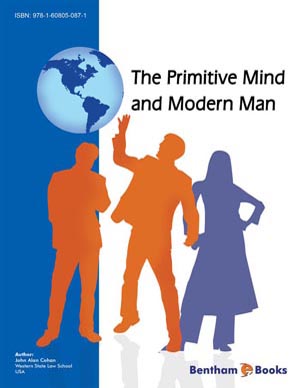Abstract
There are tremendous variations in how people carry on their lives across cultures. All cultures have some sort of system of “public morals” or norms or rules that provide a structure that guides behavior. Cultural relativism holds that moral principles are relative, so that there is no such thing as a “one-size-fits-all” morality. The forms under which good and evil appear are different. By coming to know the presuppositions of people, we can better understand their moral perspective. We will discuss idea that, despite variations in behavior patterns among cultures, there are certain basic moral concepts recognized by all peoples-e.g., respect for life and property, some form of religious faith. All societies have some means of dealing with social outcasts, criminals, cheats and the like. The dilemma of cultural relativism is whether it is appropriate to interfere with practices of other cultures that we regard as morally repugnant. Today the activities within one culture can affect people in other cultures-most notably in the arena of environmental pollution. People have a limit as to what sort of things they will tolerate in other cultures. All nations condemn genocide, slave trade, torture, the use of human subjects for experimentation, and summary execution. In studying diverse cultures we should keep an open mind in taking in the practices that we might find offensive or repugnant or even barbaric. Change is particularly difficult when cultures sincerely believe, as they do, that their moral practices are sound, well-founded and of fundamental importance to their very identity as people.













